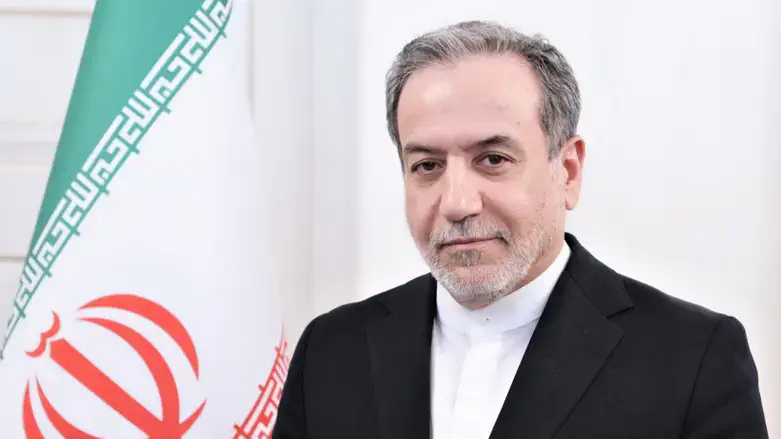
The European Union is poised to begin the process of reinstating UN sanctions on Iran, with an August 29 deadline set for Tehran to show progress on its nuclear program, the Guardian reports.
During a meeting with his EU counterparts, French Foreign Minister Jean-Noël Barrot stated on Tuesday, “France and its partners are … justified in reapplying global embargos on arms, banks and nuclear equipment that were lifted 10 years ago. Without a firm, tangible and verifiable commitment from Iran, we will do so by the end of August at the latest.”
The August deadline initiates a process that could lead to a full reimposition of sanctions by October 15, providing the European signatories of the 2015 nuclear deal - the UK, France, and Germany - with a negotiating tool. These nations aim to see the return of the UN nuclear inspectorate to Iran to prevent the country from reconfiguring its nuclear program after the damage from recent US strikes.
The 2015 nuclear deal’s structure prevents other signatories, such as China and Russia, from vetoing the sanctions "snapback." Similarly, the US, which withdrew from the deal in 2018, also cannot veto the European action.
The sanctions would be triggered under Chapter Seven of the UN Charter, mandating the reinstatement of six UN resolutions. These resolutions include one that requires Iran to suspend all uranium enrichment and reprocessing activities, even at the research and development level. Another resolution would compel all UN member states to block the transfer of any items, materials, or technologies that could support Iran’s nuclear or missile programs.
UK Foreign Secretary David Lammy warned last week that European nations will impose "dramatic sanctions" on Iran in weeks if it doesn't end nuclear uncertainty and allow UN inspectors to return.
Iran recently suspended its cooperation with the International Atomic Energy Agency (IAEA), following a 12-day conflict between Iran and Israel, which saw unprecedented Israeli and US strikes on Iranian nuclear facilities and significantly escalated tensions with the UN watchdog.
The Iranian government contends that a resolution passed last month by the board of the IAEA, which declared Iran in breach of its non-proliferation obligations, paved the way for the recent Israeli strikes.
Iranian Foreign Minister Abbas Araghchi recently issued a stark warning to European powers, cautioning that any move to trigger UN sanctions on Tehran could lead to a serious and potentially irreversible escalation in tensions.
Araghchi repeated that warning over the weekend, telling diplomats, “One of the big mistakes of the Europeans is that they think that the ‘snapback’ tool in their hands gives them the power to act on the Iranian nuclear issue, while this is a completely wrong perception. If these countries move towards snapback, they will make the resolution of the Iranian nuclear issue even more complicated and difficult.”

